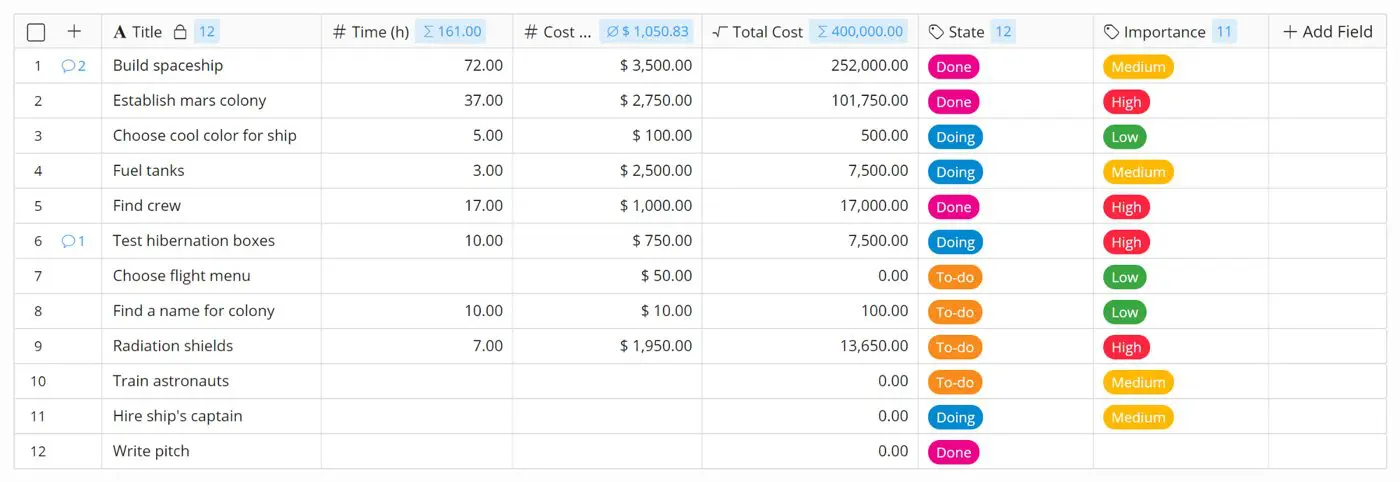Everything You Need to Know About Web Databases
With our love of, and reliance on, information technology, we humans have accumulated a whole lotta data. So, it only makes sense to have a place to house some of it. Enter web databases.

Designed to hold a large collection of organized information that can be accessed by multiple users with optimal speed, and minimal processing expense, we already know that a database is a handy way to store information. But what exactly is a web database?
Web Database Definition
A web database is essentially a database that can be accessed from a local network or the internet instead of one that has its data stored on a desktop or its attached storage. Used for both professional and personal use, they are hosted on websites and are software as service (SaaS) products, which means that access is provided via a web browser.
One of the types of web databases that you may be more familiar with is a relational database. Relational databases allow you to store data in groups (known as tables), through their ability to link records together. It uses indexes and keys, which are added to data, to locate information fields stored in the database, enabling you to retrieve information quickly.
To paint a picture, just think about when you online shop and want to have a look at a specific product. Typing in keywords such as “black dress” enables all the black dresses stored on the website to appear right on the very browser you are looking on because the information “black” and “dress” are stored in their database entries.